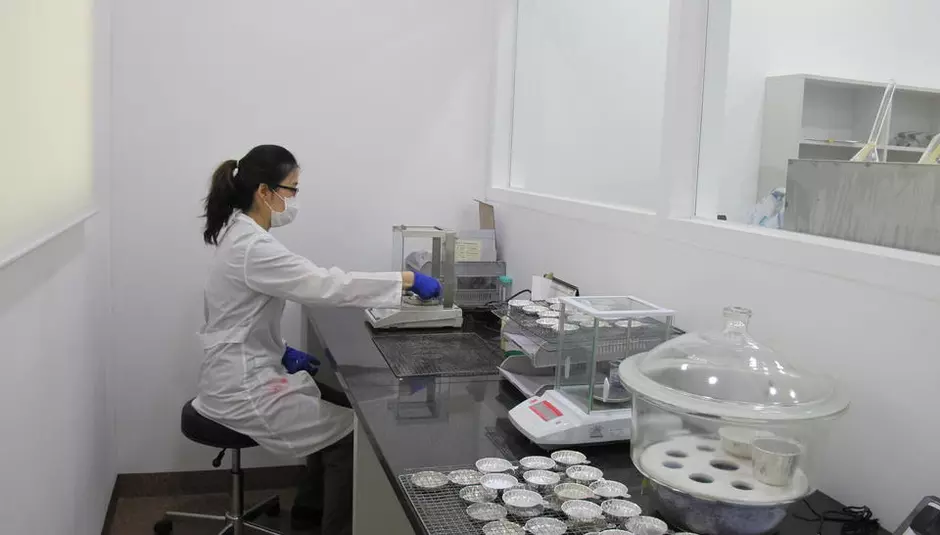As water resources become scarcer and environmental regulations tighten, wastewater reuse is emerging as a key strategy for industrial companies in South Korea. Not only does this approach lead to cost savings, but it also helps reduce the environmental impact of industries.
What Is Wastewater Reuse?
Wastewater reuse involves treating used water so that it can be repurposed in industrial processes. After treatment, this water can be reintegrated into cooling systems, washing processes, or even energy production in certain industries. This process turns waste into a valuable resource, reducing freshwater consumption and the costs associated with water supply.
Have a Question ?
Contact Us Now
Key Technologies for Reuse
Several technologies enable the efficient reuse of wastewater. Among them are:
Membrane technologies (ultrafiltration, nanofiltration, reverse osmosis) filter out pollutants at very fine levels to produce industrial-quality water. These membranes capture solid particles, organic matter, and even dissolved salts.
Industrial evaporators, such as Veolia's Evaled® solution, which concentrate pollutants and recover water in the form of purified condensate.
Biofilms and biological reactors, such as moving bed biofilm reactors (MBBR), which use microorganisms to break down organic contaminants.
Additional Veolia technologies like ACTIFLO® for lamellar settling and Aquaray UV systems for disinfection are also used to refine and purify treated wastewater, ensuring it meets high-quality standards for reuse in various applications.
These technologies reduce pollutant loads and ensure the safe and sustainable reuse of wastewater in various industrial processes.

Why Should Korean Companies Adopt Wastewater Reuse?
Cutting Costs
Treating and reusing wastewater allows companies to significantly lower their spending on potable water and wastewater disposal. These savings can be particularly substantial in industries like semiconductor manufacturing, which require large amounts of water.

Ensuring Regulatory Compliance
Korean laws, particularly the Act on Promotion and Support of Water Reuse, actively encourage companies to adopt wastewater reuse practices. This legislation also provides subsidies and financial incentives for companies that choose to install reuse systems.

Reducing Environmental Impact
Water usage is one of the main contributors to the environmental footprint of industries. By reusing water, companies reduce their dependence on freshwater resources, helping preserve ecosystems and alleviate pressure on aquifers.

Key Figures
In 2023, Veolia enabled the reuse of 1,144 million m³ of treated wastewater, equivalent to the mean annual consumption of 18 million people living in developed countries.
Veolia Analysis Center: A Strategic Asset for Wastewater Reuse
In South Korea, the Veolia Analysis Center, located in Songdo, Incheon, offers water quality analysis and technology consulting services. This center, equipped with a skilled team and state-of-the-art equipment, helps companies optimize their wastewater treatment processes, ensuring sustainable solutions for the local industry.

The Importance of Monitoring and Optimization
Implementing water reuse systems requires constant monitoring to ensure optimal performance. Veolia’s Hubgrade tool allows real-time tracking of water quality and process efficiency, providing companies with full visibility on their water savings and environmental performance.
Toward Sustainable Water Management in Korea
Wastewater reuse is no longer a futuristic option but an immediate necessity for companies looking to cut costs, comply with regulations, and strengthen their sustainability image.
Globally, strict regulations like the European Union’s 2020 REUSE regulation ensure the quality of treated wastewater, protecting public health and supporting the ecological transition. Looking ahead, Veolia is committed to reaching an annual volume of 1.5 billion m³ of reused wastewater by 2027, underscoring the company’s dedication to sustainable water management and supporting global ecological transition goals.






